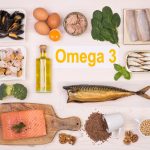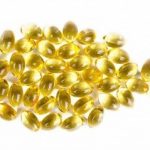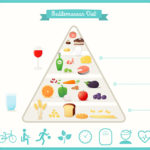6 Helpful Eye Health Nutrition Tips
-
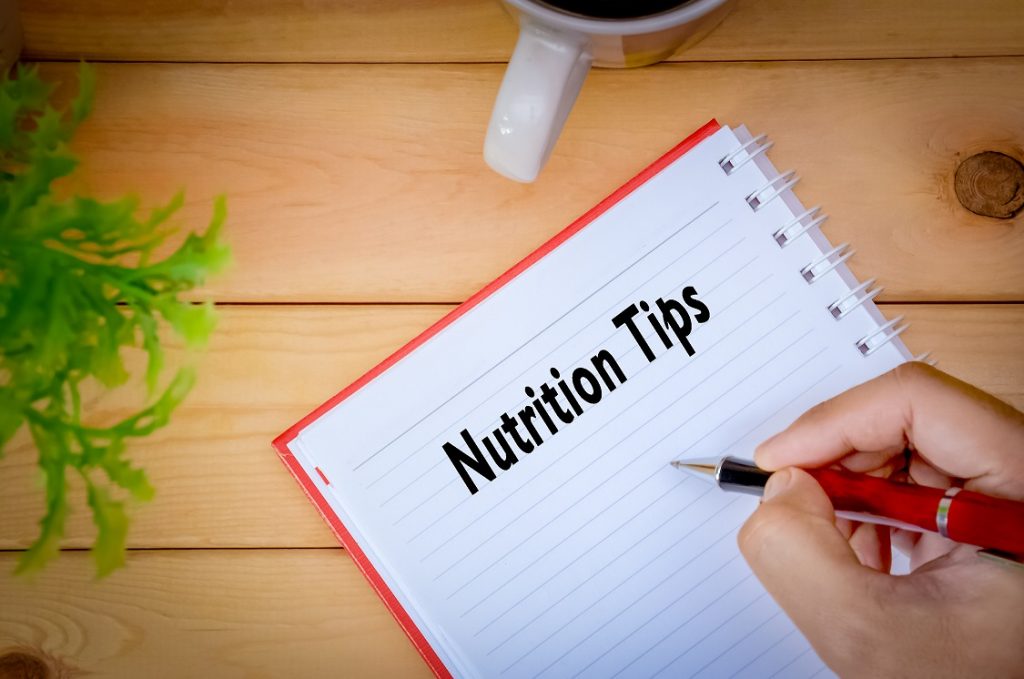
Vision deteriorates with age, putting you at greater risk for a wide range of eye conditions, some of which can lead to blindness. Such issues are a near inevitability for most of the aging population, but there are a number of steps you can take to boost eye health and delay the inevitable. Start by scheduling regular checkups with an eye doctor to thoroughly evaluate and properly manage eye health. There are also everyday lifestyle adjustments you can make to help improve eye health. This can be as simple as wearing UV protection sunglasses when you spend time outdoors, limiting the amount of time you spend working on digital devices each day or simply adjusting your diet to include eye-healthy nutrients.
If you’re interested in prolonging the health of your eyes and helping to avoid serious vision disorders such as macular degeneration and cataracts, here are six nutrition tips that can help:
-
1. Vitamin C

Vitamin C (ascorbic acid) is one of those universally healthful nutrients that helps to support the immune system, maintain skin health and protect against cardiovascular disease and prenatal health issues, in addition to providing protection against various eye diseases.
Vitamin C plays an essential role in blood vessel health and the absorption of iron. It has been shown to help lower the risk of cataracts and macular degeneration (AMD). The FDA recommends 90 milligrams per day (mg/day) of Vitamin C for men, and 75 mg/day for women. However keep in mind that this is the recommended daily minimum and that certain people may benefit from more. For example, studies have linked 300 mg/day with cataract prevention.
Vitamin C-rich foods: Oranges, bell peppers, strawberries, broccoli, kale, pineapple, cantaloupe, kiwi.
-
2. Bioflavanoids

Also called flavonoids or vitamin P, bioflavonoids are a family of substances found in many of the same foods as vitamin C that have a number of health benefits, including cardiovascular health, anti-aging qualities, improved liver function, protection against certain cancers, protection against infection and strengthening of blood vessels. Different bioflavonoids have been shown to offer different benefits. For example, apigenin has been linked with a reduction in ovarian cancer and rutin has been beneficial in protecting against various bleeding abnormalities.
In terms of eye health, anthocyanins have been linked with protecting against cataracts and AMD, in addition to supporting cornea health. They may also be beneficial in protecting against a serious inflammatory eye condition called diabetic retinopathy.
As of yet, there is no daily recommended dosage of bioflavonoids to reference. Fortunately, they are nontoxic, meaning that you can err on the side of more rather than less. Try and incorporate a few different bioflavanoid-rich foods into your daily diet to help protect eye health.
Bioflavanoid-rich foods: Citrus fruits, cherries, blueberries, bilberries, tea, red wine.
-
3. Vitamin E

Like vitamin C, vitamin E helps to support the immune system and protect against AMD and cataract formation, but it also plays a key role in a number of metabolic processes and the health of cell membranes.
The FDA recommends that men and women get a minimum of 22 International Units (IU) of vitamin E per day, but studies have shown that doses of 400 IU/day (when combined with other key nutrients) can drastically slow the progression of AMD (by as much as 25 percent).
Vitamin E-rich foods: Nuts, sweet potatoes, peanut butter.
-
4. Vitamin A

Vitamin A is another essential vitamin that plays a significant role in vision health. It helps to nourish the cornea and support a healthy production of moisture to keep the eyes well lubricated and avoid dry eye problems. Vitamin A also plays an essential role in pigment production for the photoreceptor cells of the retina, a deficiency which can lead to problems adjusting from light to dark (night vision).
It is recommended that men get a minimum of 3,000 IU and women a minimum of 2,333 IU (though women may be advised to increase this amount during/after pregnancy).
Vitamin A-rich foods: Beef, liver, fish oils, carrots, fortified cereals, broccoli, cantaloupe.
-
5. Carotenoids
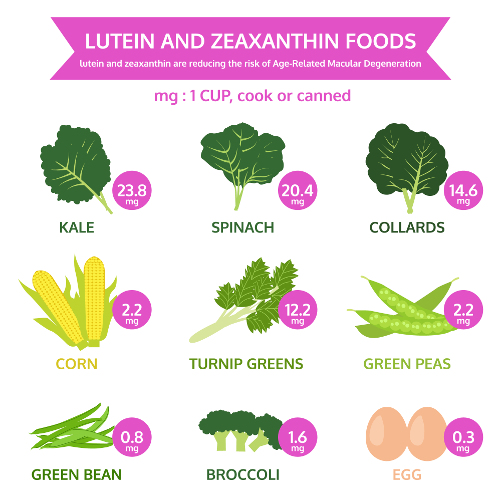
Carotenoids are fat-soluble pigments responsible for giving fruits and vegetables their bright colors. In addition to having cancer-fighting properties, carotenoids have been linked with helping protect the eyes from blue light (a type of short wavelength light emitted from digital screens) and preventing AMD by reducing oxidative stress on the retina.
Lutein and zeaxanthin are the only two carotenoids found in high quantities in the retina. The body does not produce nearly enough of these essential carotenoids to support eye health, making it important that a diet rich in lutein and zeaxanthin is adopted.
Carotenoid-rich foods: Kale, spinach, collards, apricots, pumpkin, tomato, eggs.
-
6. Omega-3 Fatty Acids

The omega-3 fatty acids docosahexaenoic acid (DHA) and eicosapentaenoic acid (EPA) play a significant role in maintaining healthy retinas. DHA deficiency has been linked with poor visual development in infants, dry eye syndrome, diabetic retinopathy and AMD. The highest concentration of DHA is found in the retina, and EPA plays an essential role in the production of DHA. It is therefore essential to maintain a diet rich with omega-3 fatty acids to ensure optimal retina and eye health.
Although there is no recommended daily amount of omega-3 for eye health, most Americans’ diets do not include nearly enough DHA and EPA levels, meaning that it should be supplemented in order to meet the American Heart Association’s recommended .5g to 1g per day.
Omega-3 fatty acid-rich foods: Salmon, herring, walnuts, fish oil supplements.


